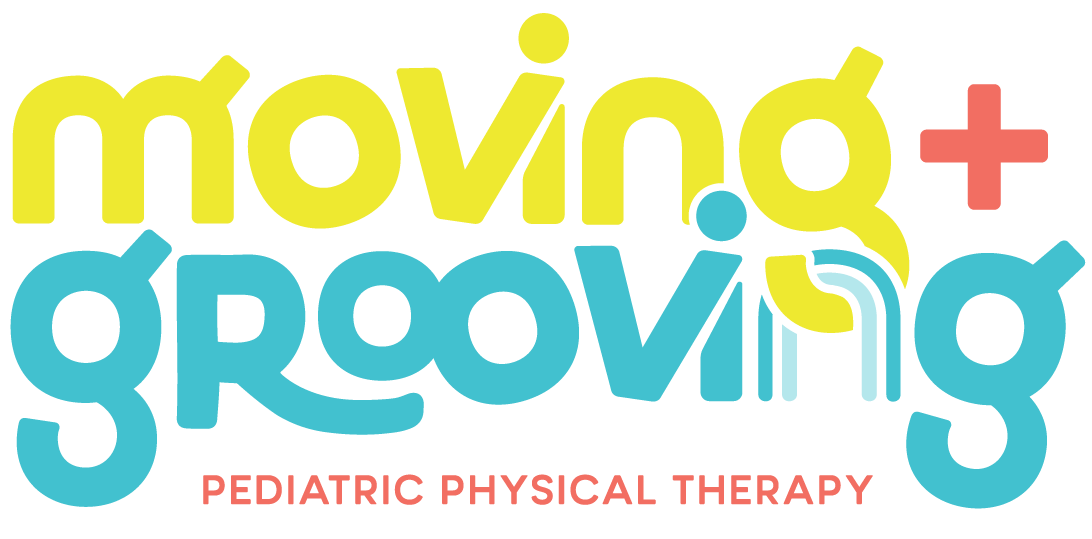
Unlocking Potential: The Profound Benefits of Early Intervention
Introduction:
Early intervention refers to a range of services and support provided to children who experience developmental delays or disabilities, or are at risk of facing challenges in their physical, cognitive, communication, social, or emotional development. By identifying and addressing developmental concerns at an early stage, early intervention programs can have transformative effects on a child’s life. In this article, we will explore the numerous benefits of early intervention and why it is crucial in optimizing a child’s overall development and long-term success.
1. Maximizing Developmental Potential:
Early intervention programs are designed to provide specialized support and therapies tailored to a child’s specific needs. By intervening during the critical early years of development, professionals can help children overcome challenges and optimize their potential. Early intervention focuses on promoting skill acquisition, fostering healthy growth, and equipping children with the tools they need to succeed in various aspects of life.
2. Enhancing Cognitive and Academic Abilities:
Early intervention plays a vital role in fostering cognitive development and enhancing academic abilities. Through early identification and targeted interventions, children can receive appropriate therapies to support language and communication skills, problem-solving abilities, pre-literacy and pre-math skills, and overall cognitive functioning. These interventions lay a strong foundation for future academic success and reduce the likelihood of learning difficulties.
3. Facilitating Language and Communication Skills:
Speech and language delays can significantly impact a child’s ability to communicate effectively. Early intervention offers speech therapy and language development programs that help children overcome speech delays, improve language skills, and foster effective communication. The ability to express oneself and understand others is fundamental for social interaction, academic achievement, and overall well-being.
4. Promoting Social and Emotional Development:
Early intervention programs recognize the importance of social and emotional development in young children. They provide support to enhance social skills, emotional regulation, and the ability to form positive relationships. Early intervention professionals work closely with families to create nurturing environments that promote healthy emotional development and social interactions, setting the stage for positive relationships and emotional well-being in later life.
5. Preventing or Reducing Behavioral Challenges:
Early intervention can significantly reduce the occurrence and severity of behavioral challenges in children. By identifying and addressing underlying issues early on, interventions can help children develop appropriate behavior, emotional control, and coping mechanisms. This proactive approach decreases the likelihood of long-term behavioral problems and promotes positive social interactions.
6. Empowering Families and Caregivers:
Early intervention recognizes the important role of families and caregivers in a child’s development. These programs provide parents with the necessary tools, knowledge, and support to actively participate in their child’s progress. Parents and caregivers are empowered to continue interventions at home, reinforce therapeutic strategies, and create an environment that supports their child’s growth and development.
7. Bridging the Gap in Developmental Disparities:
Early intervention is particularly beneficial for children from disadvantaged backgrounds or those at risk of developmental delays due to various factors, such as prematurity, low birth weight, or exposure to adverse circumstances. These programs help bridge the gap in developmental disparities and provide equal opportunities for all children to thrive.
8. Cost Savings in the Long Run:
Investing in early intervention yields significant cost savings in the long run. Research consistently shows that the earlier the intervention, the greater the potential for positive outcomes. Addressing developmental challenges early on can reduce the need for more intensive interventions in the future, special education services, and potential costs associated with long-term disabilities.
Conclusion:
Early intervention is a powerful tool that has far-reaching benefits for children’s development and well-being. By addressing developmental concerns at the earliest stage possible, these programs optimize children’s cognitive, communication, social, and emotional abilities.
